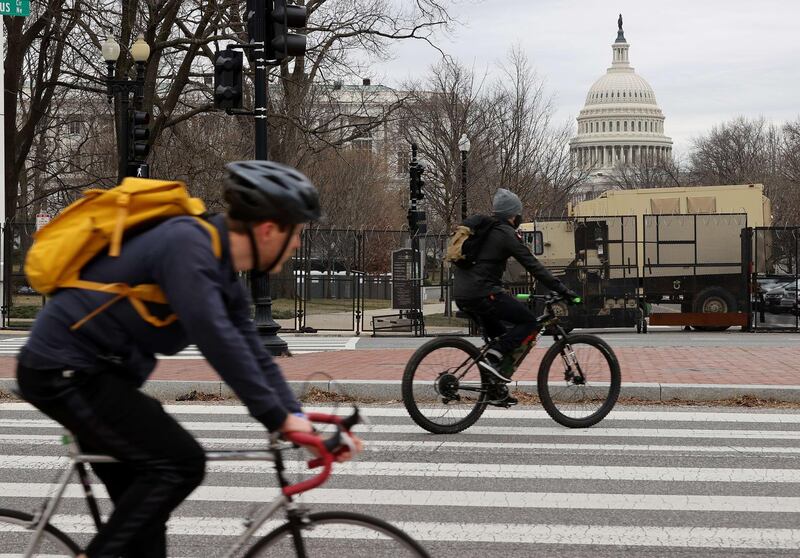Russia and Iran sought to influence the outcome of last November’s presidential election, but US intelligence officials found no evidence that any foreign actor changed votes or otherwise disrupted the voting process, according to a government report affirming the integrity of the contest won by President Joe Biden.
The report released Tuesday from the Office of the Director of National Intelligence amounts to the most detailed description of the broad array of foreign threats to the 2020 election, including Russian influence operations that officials say were authorised by President Vladimir Putin and efforts by Iran to undermine confidence in the vote and harm Donald Trump’s re-election prospects.
All told, the report says, the US tracked a broader array of foreign election threats than in past cycles, including from the Middle East and South America.
In the end, officials said, “We have no indications that any foreign actor attempted to interfere in the 2020 US elections by altering any technical aspect of the voting process, including voter registration, ballot casting, vote tabulation or reporting results.”
The report wades into the politically freighted assessments of ferreting out which foreign adversaries supported which candidates during the 2020 presidential election. That question took on added scrutiny when Mr Trump, whose 2016 election effort benefited from hacking by Russian intelligence officers and a covert social media campaign, seized on an intelligence community assessment from last August that said China preferred a Biden presidency to Mr Trump’s re-election.
Tuesday’s report, however, says China ultimately did not interfere on either side and “considered but did not deploy” influence operations aimed at affecting the outcome.
Officials determined that Beijing valued a stable relationship with the US and did not consider either election outcome as advantageous enough for it to risk getting caught.
A separate document from the departments of Justice and Homeland Security reached a similar conclusion about the integrity of the election.







